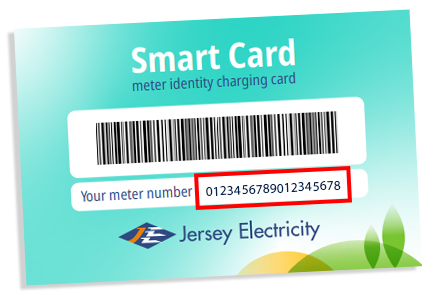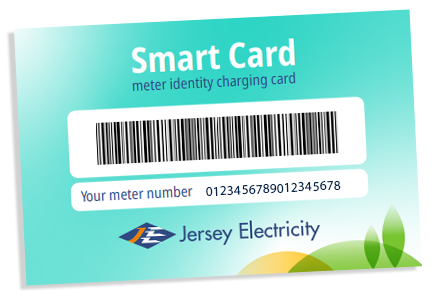When it comes to switching cars from petrol or diesel to electric, there are still a few myths to break down.
A recent study in the UK reveals some of the myths and common misconceptions about electric vehicles (EV).
The survey by Go Ultra Low (a UK Government backed organisation that promotes the use of EVs) and OnePoll asked the public questions on a range of EV topics. Poppy Welch, head of Go Ultra Low, believes the results of their research show 'there is much confusion and misunderstanding with the British public when it comes to pure electric cars' and that 'dispelling these misconceptions and highlighting [EV] perks is therefore vital if we are to see more motorists make the switch to electric motoring'.
Here are the top five EV myths reported in the survey:
Myth #1: pure electric cars are slow
47% of people surveyed believed that petrol or diesel cars accelerate faster than pure electric, when actually the opposite is true.
Electric motors can produce power more quickly than an internal combustion engine, so most pure electric cars accelerate quicker than their petrol or diesel equivalents.
Recent EV 0-60 times
Fiat e500 (2017) - Accelerates from 0-60mph in 8.9 seconds
Nissan Leaf (2018) - Accelerates from 0-60mph in 7.4 seconds
Tesla Model 3 (2017) - Accelerates from 0-60mph in 5.1 seconds
Tesla Model S (2018) - Accelerates from 0-60mph in 2.5 seconds
Source: Inside EVs
Myth #2: they’re too expensive
An all-electric car may have a higher upfront purchase cost than its combustion equivalent, but Go Ultra Low calculated that with incentives in the UK, a consumer could actually save 'around £650 a year in tax and fuel' through choosing a pure electric over petrol or diesel.
Though there are no government incentives on new car purchases in Jersey, there is no Vehicle Emissions Duty (VED) to pay on any pure electric vehicles due to zero emissions.
For all EVs, the cost of fuel and maintenance is significantly cheaper than combustion engine vehicles - with the cost to maintain a car around 70% less over its lifetime.
Another consideration in Jersey is the annual cost of parking. The States of Jersey offer a eco-friendly parking permit for EVs and Hybrid Electric Vehicles (PHEV) with low emissions, enabling drivers to park for half the usual price.
Myth #3: there aren’t enough public charge points
According to the survey, the average person thinks there are only 6,000 charge points across the whole UK. There are in fact 16,738 and counting.
More than 96% of Motorway Service Areas have rapid chargers, and the UK currently has one the largest rapid charge networks in Europe.
In Jersey, there are 15 public EV charging points around the Island. The majority of charging points are located within the five multi-storey car parks in St Helier. A new smart charger is currently be trialled at Jersey Electricity's Powerhouse admin offices. Once complete, JE will upgrade Jersey's existing public charge points and, with the help of the States of Jersey, hopes to exend the EV charging network outside St Helier.
Myth #4: there are only a few models to choose from
More and more pure electric cars are being launched each year by a range of manufacturers. In Go Ultra Low’s survey, the average person believes there are just nine all-electric car models to choose from. There are currently 17 models available to purchase in the UK.
Myth #5: pure electric cars are a technology for the future
The average person in the UK may think that pure electric cars are still a novelty on the roads, but many motorists are already driving zero emission electric cars. There are nearly 40,000 all-electric cars on the roads in the UK, and the rate of uptake is on the rise - around 6,000 have been registered in the first five months of this year.
At the end of 2017, DVS reported there were 271 EVs registered in Jersey. This is sure to increase by the end of 2018.






